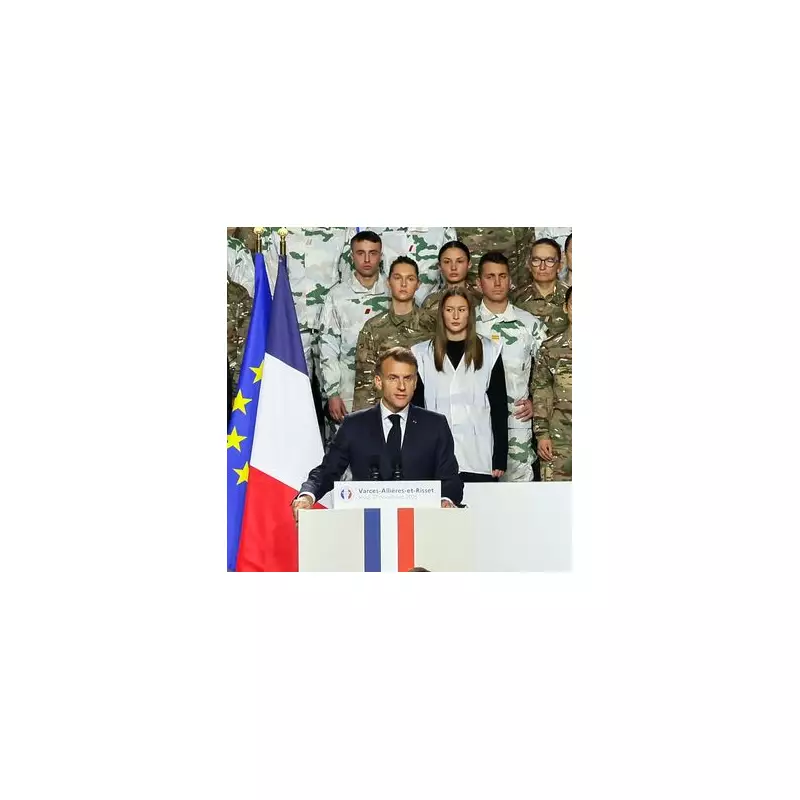
French President Emmanuel Macron has announced a significant shift in the nation's defence strategy, unveiling plans for a new volunteer-based military service programme aimed primarily at young people.
What the new service entails
The core of the plan involves a 10-month service for volunteers, predominantly targeting citizens aged 18 and 19. Participants will be paid a minimum of €800 (approximately £700) per month and will receive additional benefits including food, accommodation, and a substantial 75 percent discount on rail travel.
President Macron was keen to emphasise that these young volunteers will not be deployed on active service abroad. Instead, their duties will be confined to operations "only on national soil". A separate, smaller stream of the programme will be available for individuals up to the age of 25 who possess specific, high-demand qualifications, such as in medicine or engineering.
Structure and scale of the initiative
This new volunteer force will represent a third tier within the French military structure, which currently consists of around 200,000 enlisted personnel and approximately 47,000 reservists.
The rollout will begin modestly, with an initial cohort of up to 3,000 volunteers. However, the government has ambitious expansion plans, projecting that the numbers could swell to 50,000 volunteers by the year 2035—a more than tenfold increase.
Rationale and public reaction
Announcing the policy in a speech to troops in Varces-Allières-et-Risset in the French Alps, President Macron stated that the service is scheduled to commence in mid-2026. He framed the move as a necessary response to "accelerating threats" globally, implicitly referencing the growing concerns about the posture of Vladimir Putin's Russia towards Europe.
"The only way to avoid danger is to prepare for it," Macron told the crowd, asserting that France "cannot remain idle" and that the nation's youth possess a "thirst for engagement."
Public opinion in France appears divided. A 22-year-old student interviewed by the BBC praised the policy as "a good thing" that would strengthen the army and foster national pride. Conversely, a shop assistant expressed concern, suggesting that young people are grappling with "more important issues" like mental health and financial stability that also require investment.





